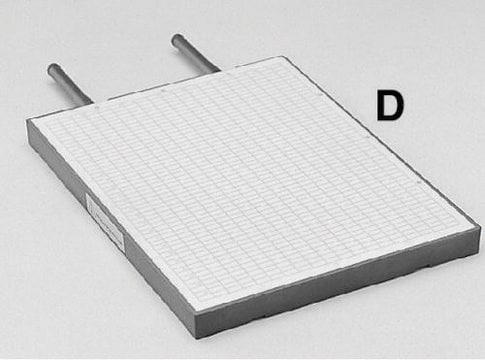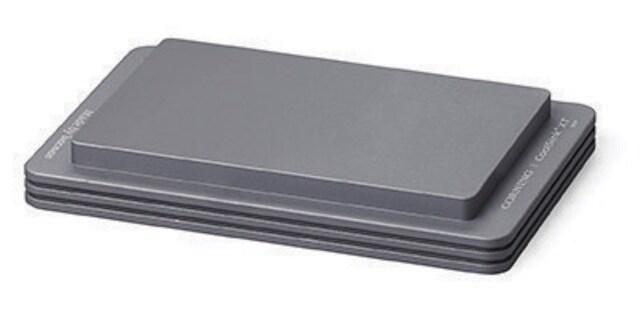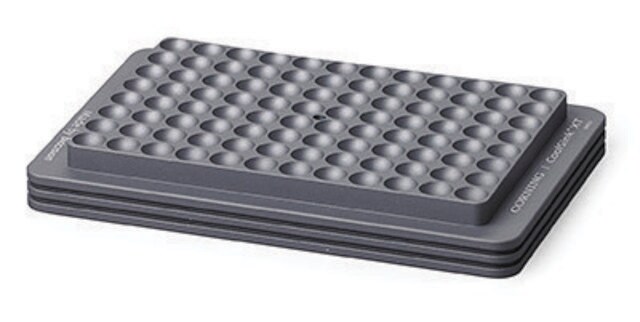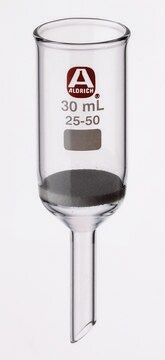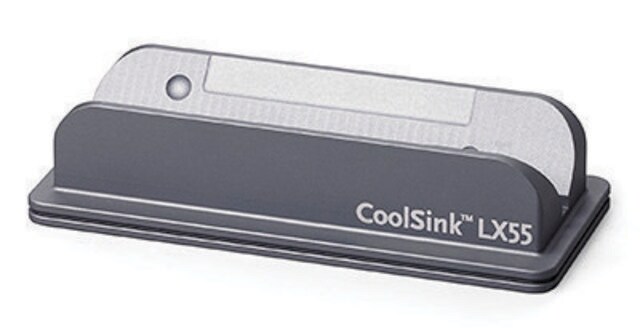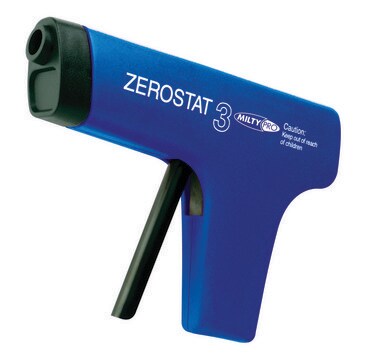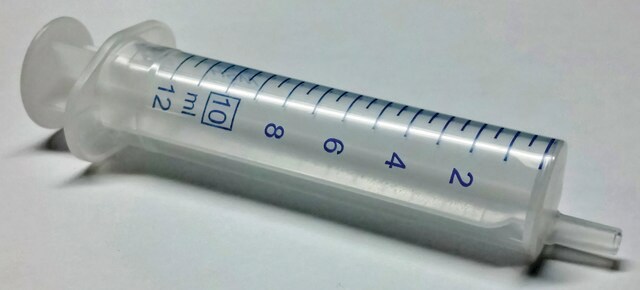Z176664
Aldrich® cold plate
AC/DC input 115 V AC, Analog cold plate
Sign Into View Organizational & Contract Pricing
All Photos(1)
About This Item
UNSPSC Code:
41121800
Recommended Products
sterility
non-sterile
availability
not available in EU
color
none
Looking for similar products? Visit Product Comparison Guide
General description
These portable, low-temperature control devices utilize efficient, solid-state, thermoelectric modules to control temperatures from +25 to -20 °C. Unique, dual heat exchanger utilizes either fan forced air or tap water for cooling. Connects to water source using 1/4 in. I.D. tubing. Stirring models have a built-in, adjustable-speed, magnetic stirrer to keep solutions at equilibrium. Useful for reaction kinetics, recrystallizations, cold traps, freezing point determinations, controlling exothermic reactions, condenser for distillations, freezing biological and blood specimens, cold bath or storage chambers. Not CE compliant.
Specifications:
Specifications:
- Rapid cooling to -10 °C (forced air) or -20 °C (tap water), 130 BTU/h initial rate
- Cooling to -40 °C possible by circulating coolant
- Equilibrium reached in 2 to 3 min
- 3 in. diam. aluminum top plate handles solutions up to 200 mL
- 18 gauge aluminum cabinet, 7 W × 5 D × 5 in. H
- Wt = 8 lb
Other Notes
The use of insulated, flat-bottom glassware and aluminum cooling blocks maximizes heat transfer rates from media to cold plate and are highly recommended for use with this equipment.
Legal Information
Aldrich is a registered trademark of Sigma-Aldrich Co. LLC
Choose from one of the most recent versions:
Certificates of Analysis (COA)
Lot/Batch Number
Sorry, we don't have COAs for this product available online at this time.
If you need assistance, please contact Customer Support.
Already Own This Product?
Find documentation for the products that you have recently purchased in the Document Library.
Matthew W Hale et al.
Behavioural brain research, 359, 428-439 (2018-11-24)
Evidence suggests that affective disorders are associated with altered thermoregulation, and it has been hypothesized that therapeutic strategies targeting body-to-brain thermosensory systems may be effective for treating depression. Consistent with this hypothesis, a recent randomized, double blind, placebo-controlled clinical trial
Our team of scientists has experience in all areas of research including Life Science, Material Science, Chemical Synthesis, Chromatography, Analytical and many others.
Contact Technical Service